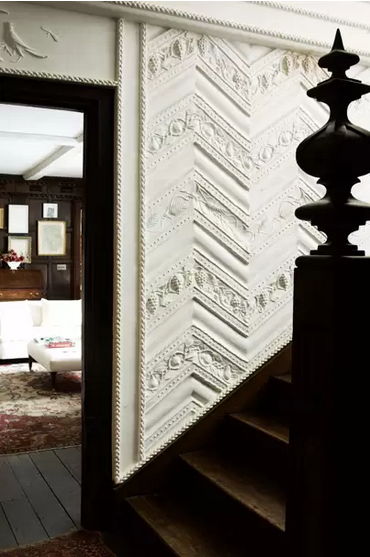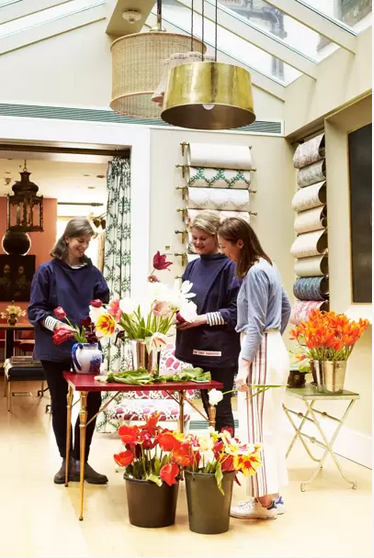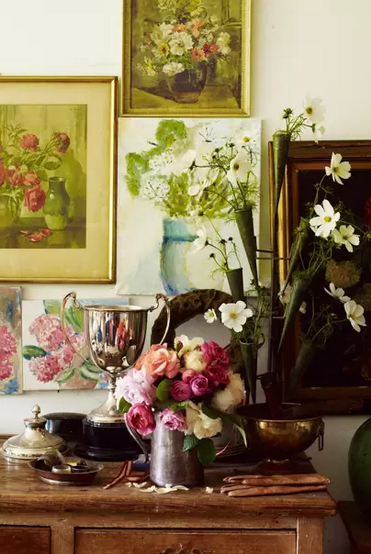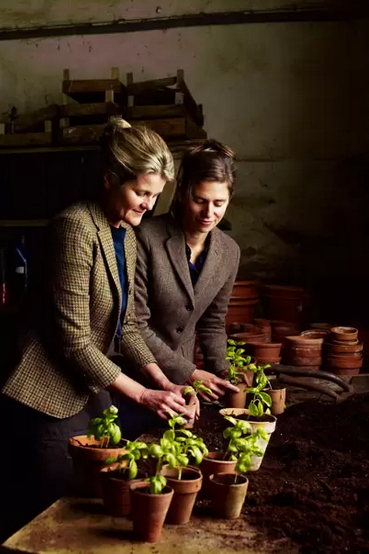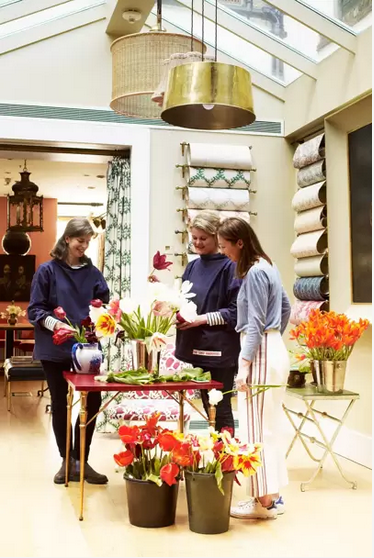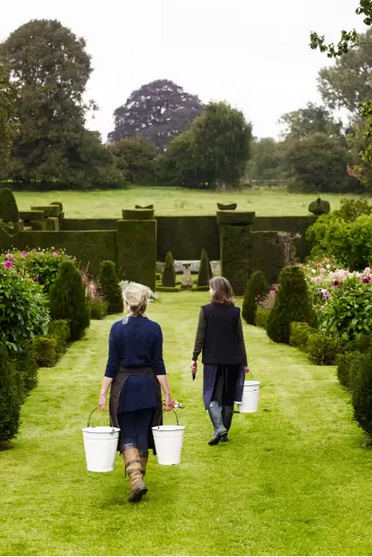There is the girl inside me who is fond of urban cities and there is the other one-I’m possibly bipolar- who is afraid one day will end up living in a big house in the middle of nowhere, planting roses, surrounded by wicker and chintz-covered deep comfy sofas. Maybe this is just a mere impulse encouraged by the deep happiness I experience every time I come across idyllic places like The Wardington Manor. Keep scrolling down and you will perfectly understand what I mean. I will forever live happily in the spectacular wood-paneled library.
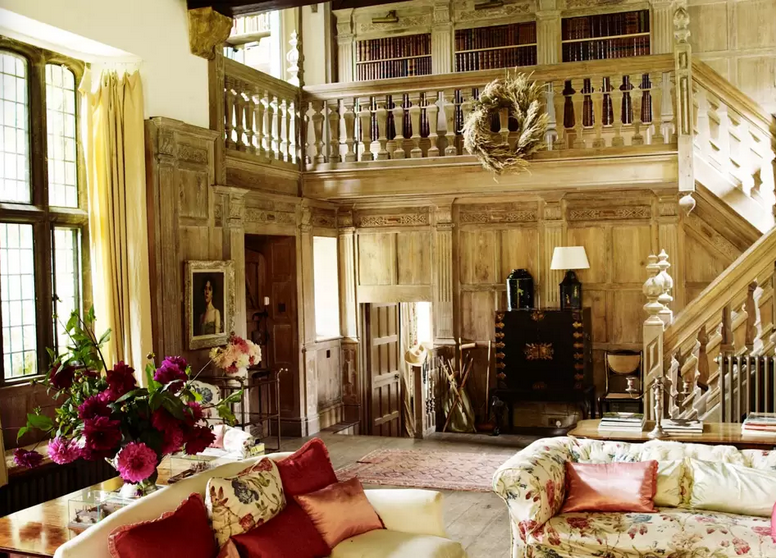
Bridget Elworthy and Henrietta Courtauld founded The Land Gardeners to research the soil and plant. They design and plant productive gardens, as well as restore walled and historic gardens from England to Zimbabwe. They grow organic English cut flowers and run workshops about topics concerning planting a productive garden.
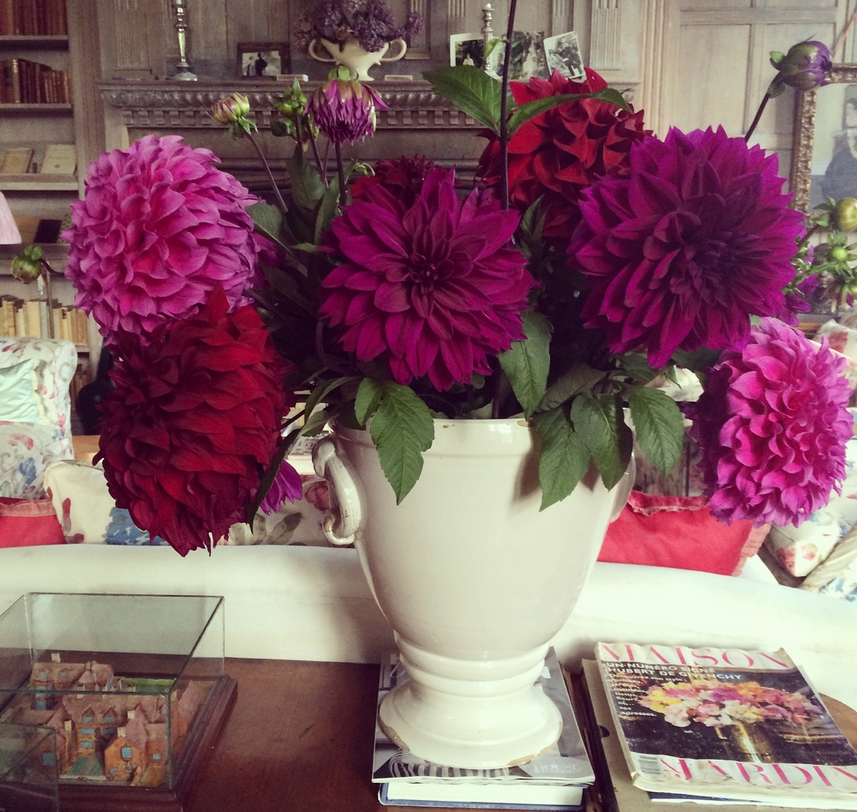
Both Henrietta and Bridget are trained gardeners: Henrietta attended the Inchbald School of Design and Bridget the Oxford College of Garden Design. In 2008, Bridget and her husband purchased Wardington Manor, a Jacobean house in Oxfordshire sitting on 30 acres. Their book, The Land Gardeners can be found here.
They have a growing fan club of individual clients who sign up for their ‘bucket scheme’. ‘People leave their buckets on the doorstep and we fill it with whatever we happen to be cutting that week,’ says Bridget. ‘We hope we’ll be able to offer vegetables soon, too.’ as told to House and Home. The main and most important aspect of gardening for Bridget and Henrietta is the health of the soil. And, as I witness many of my trees dying out I can’t agree more.
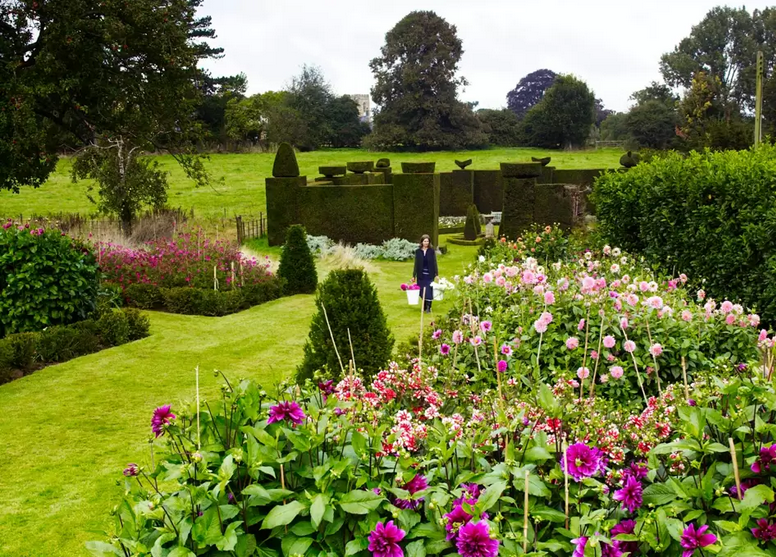
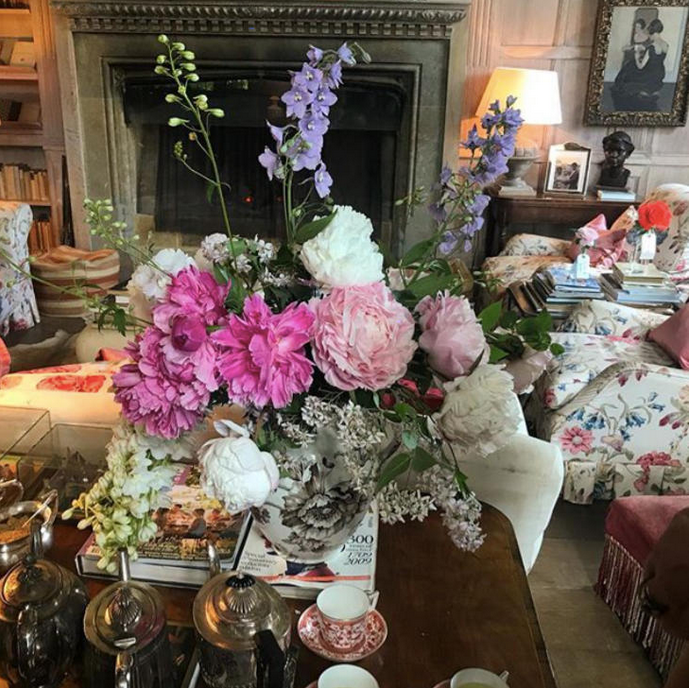
“The garden at Wardington is run completely organically, without the use of pesticides or artificial fertilizers, but sustainability is about adding goodness as well as taking away the chemicals, and this is where the interest in soil and compost comes in. ‘It’s all to do with a plant’s resilience,’ says Henrietta. ‘The right nutrients in the soil help to protect it from disease – and when you grow plants, nutrients are constantly being depleted, so you need to replace them with compost or manure.’ ” H&H
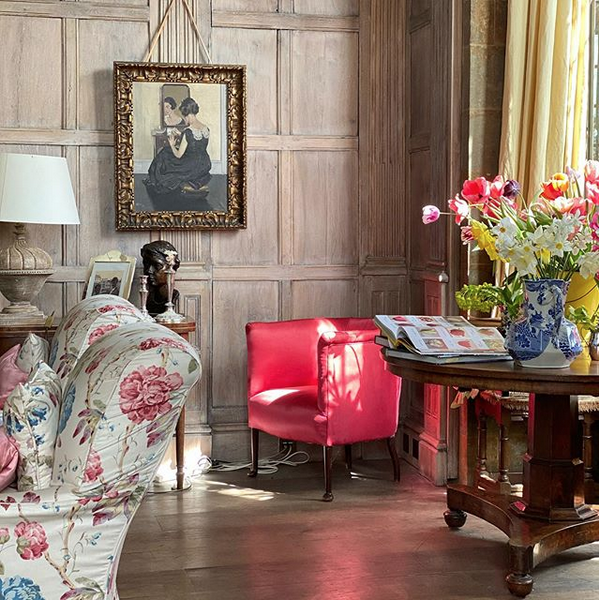
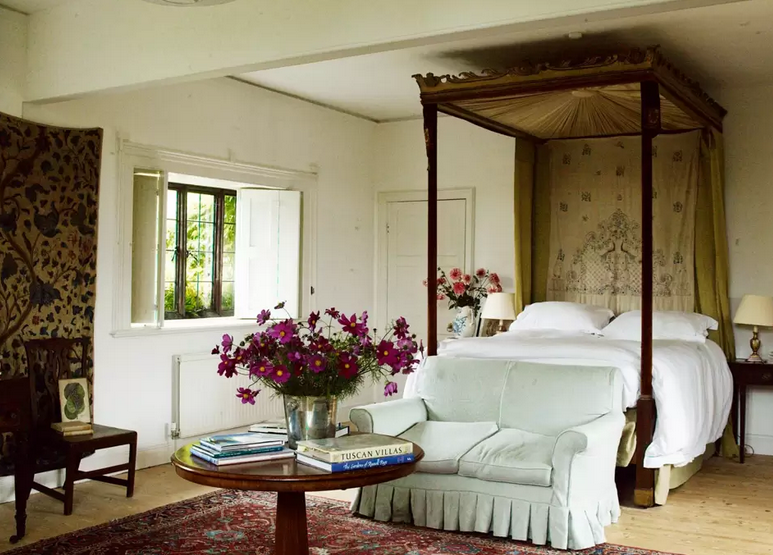
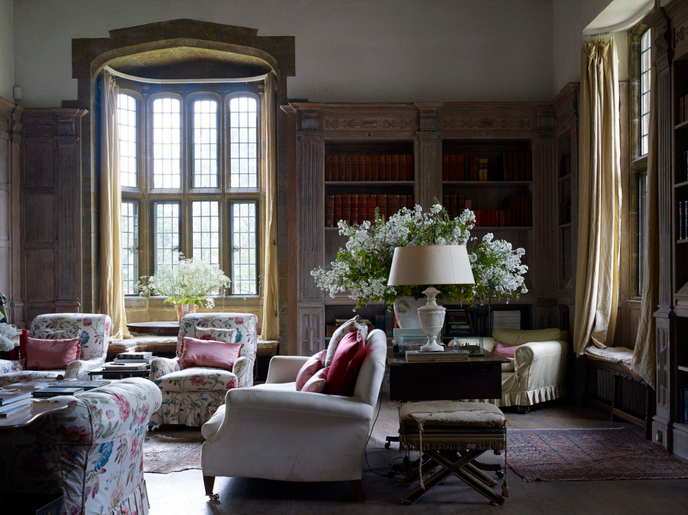
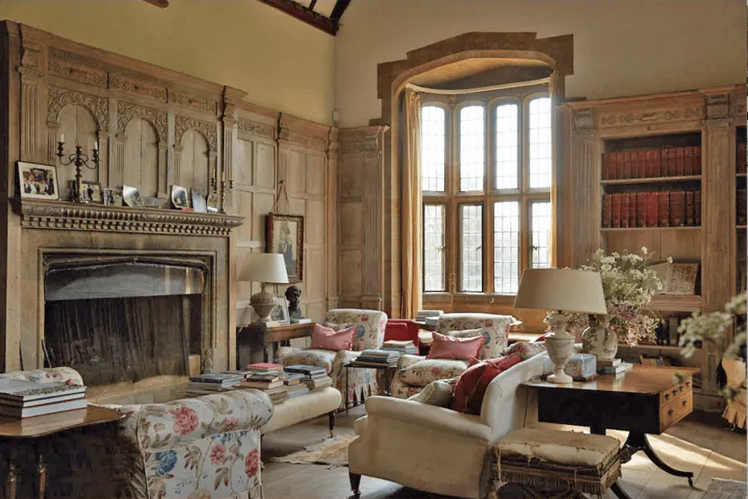
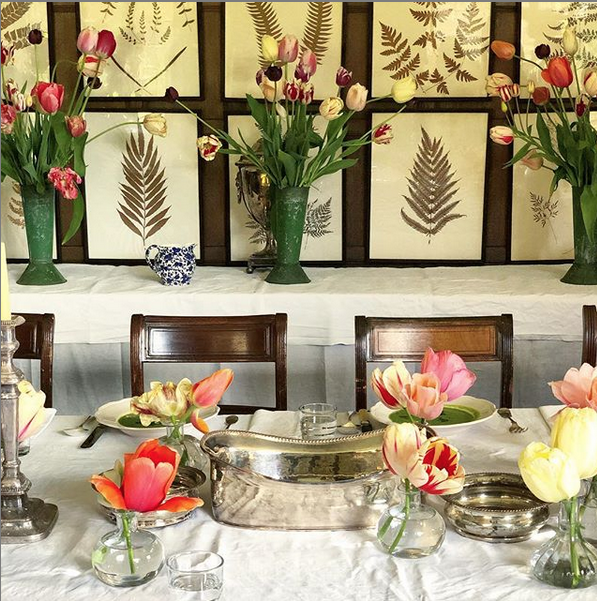
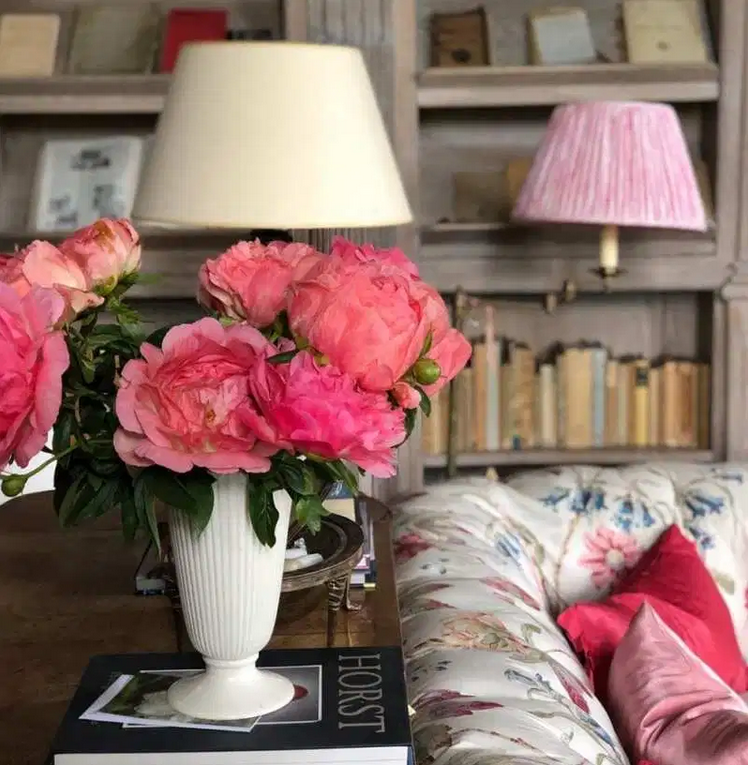
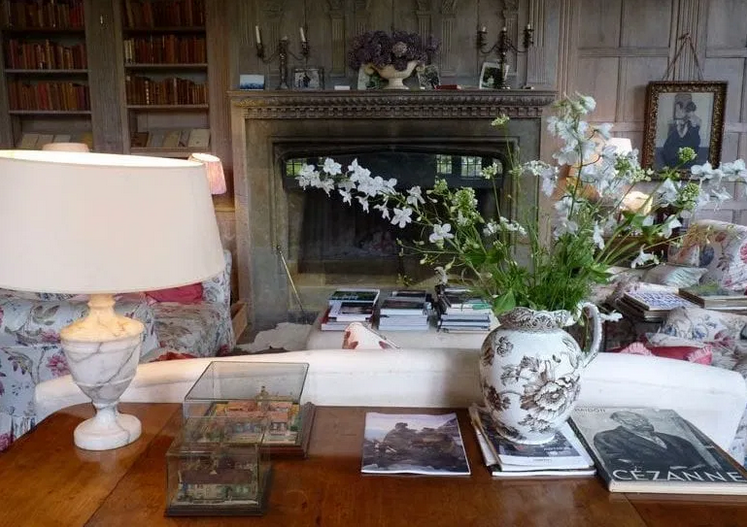
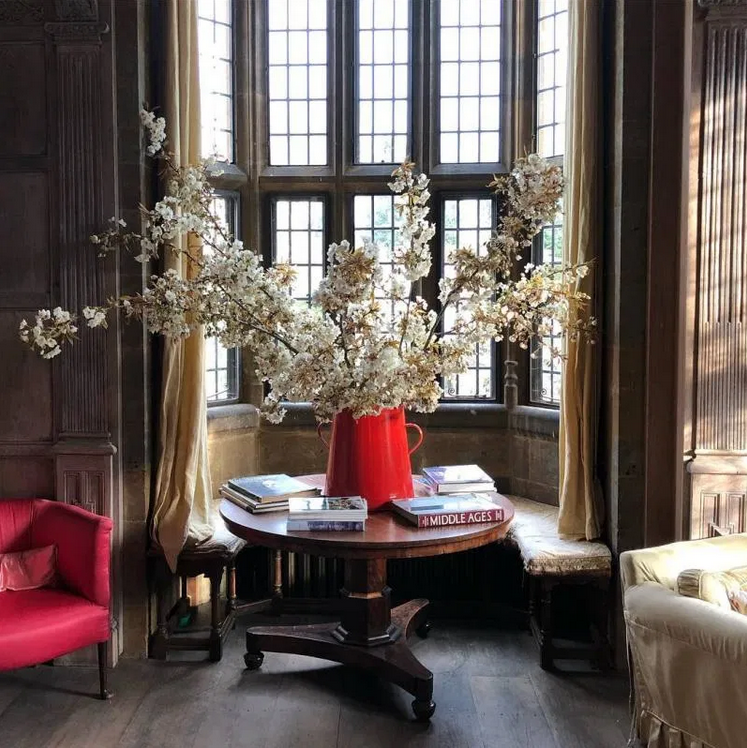
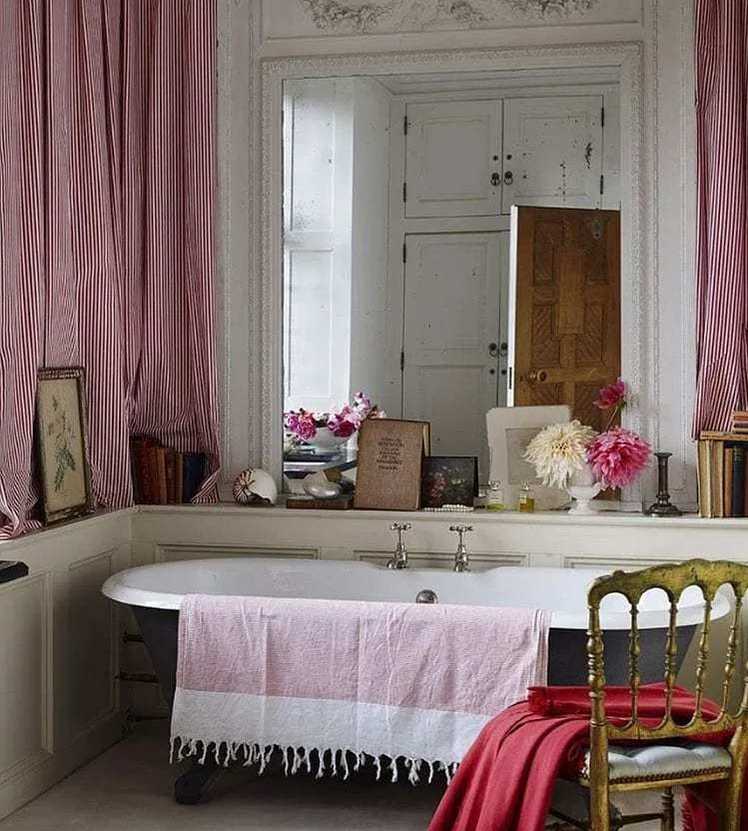
Photos via House and Garden, Cabana Magazine, and Bible of British Taste.

